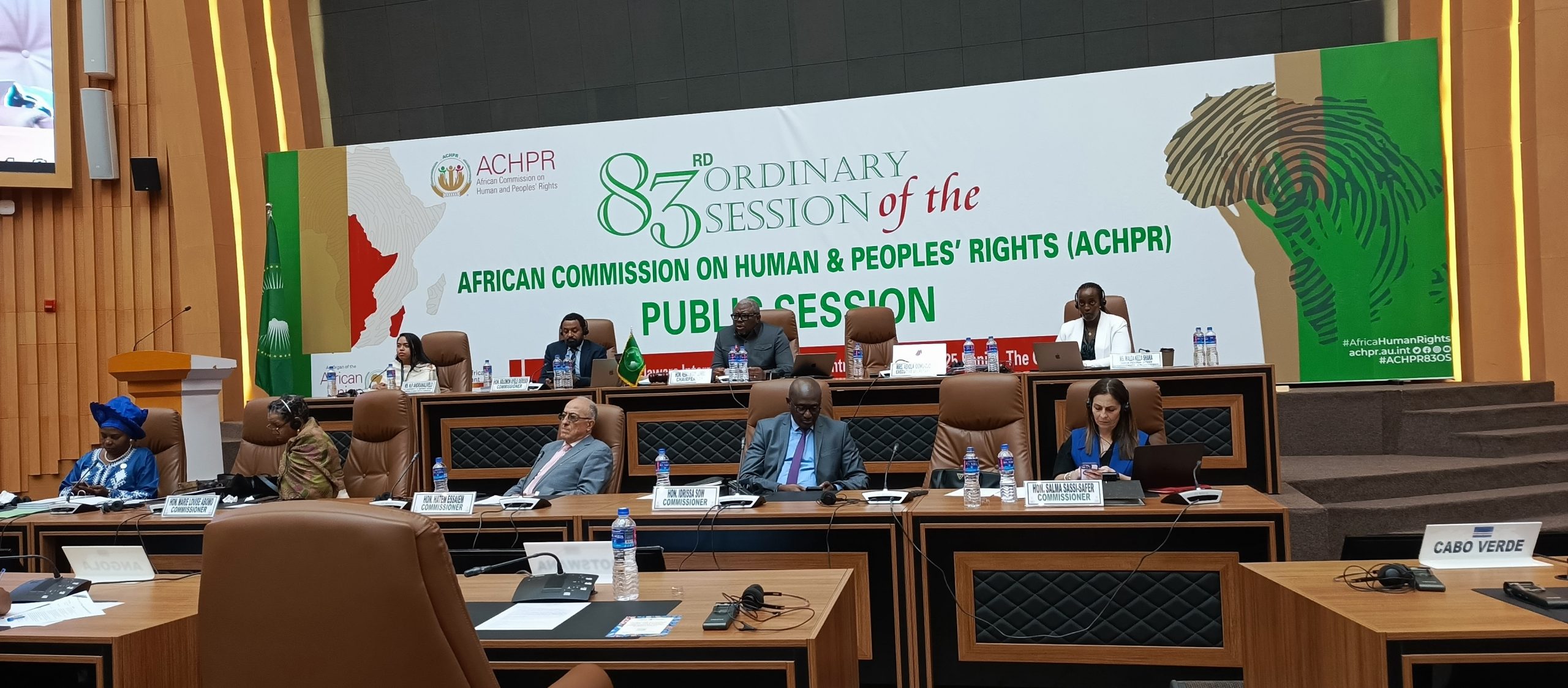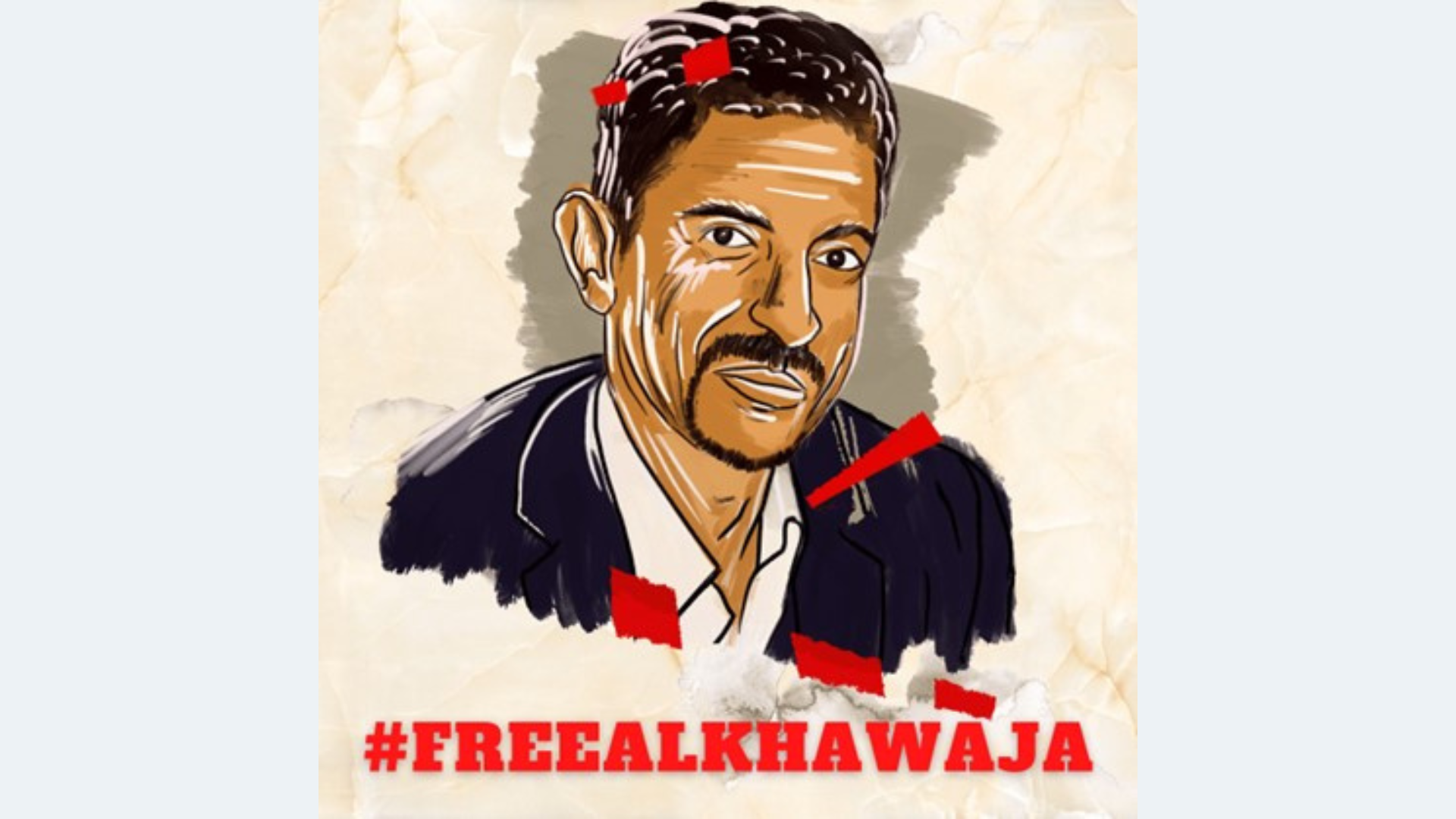The panel benefited from the participation of Mary Lawlor (UN Special Rapporteur on the situation of HRDs), Nirinarisoa Prisca Andrianalivelo (Vice-President of the Independent National Human Rights Commission of Madagascar), and Walda Keza Shaka, Senior programme officer at Defenders.
In their respective role at national, regional and international level, the panellists acknowledged that HRDs are facing intimidation, harassment either online or physically on one hand, and on the other hand, arrests, attacks, kidnappings and forced disappearance, transnational reprisals, and extrajudicial killings. These reprisals do not only target HRDs but also affect people (family, friend, colleagues, …) close to the targeted HRDs.
These acts create a fearful and insecure environment, preventing them from safely doing their work or diminishing their commitment. Several countries, including those in the Sahel region of Africa have been identified as increasingly creating and nurturing unsafe environment for HRDs.
Looking at ways to silence the reprisals on HRDs in consideration of the African Union 2025 theme, Walda Keza Shaka, Senior programme officer at Defenders affirms:
Additionally, the UN Special Rapporteur on the situation of HRDs considered that:
The panel ended with the following recommendations:
Toward States:
- Adopt all necessary measures to protect HRDs
- Establish an alert mechanism on the reprisals on HRDs
- Free HRDs arbitrarily arrested
- Conform with their obligations under international law
- Refrain from participating in transnational repression
- Stop the restriction of civic space (freedom of expression, association, assembly, and movement) and engage in the protection of the work of HRDs.
Towards the ACHPR:
- Encourage the adoption of laws protecting HRDs
- Protect journalists and activists from retaliation
- Reiterate the commitment to Addis Ababa roadmap.
Towards HRDs:
- Initiate a global solidarity and collaboration to protect HRDs
- Send reports and share information with UN Special Rapporteur on HRDs about the violations endured by HRDs.
In conclusion, when HRDs are committed to protect peoples’ human rights, it is our collective responsibility to protect them from any violations that could be the consequences of their work.




